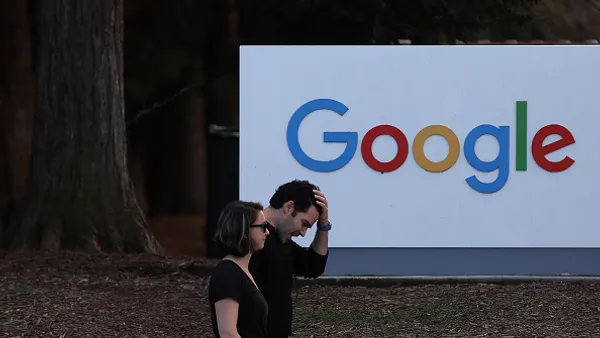Dive Brief:
- The Trustworthy Accountability Group (TAG), an advertising industry anti-fraud initiative, announced that it has updated its Certified Against Fraud guidelines to require publishers to adopt the ads.txt specification, released by the Interactive Advertising Bureau’s (IAB) Tech Lab last year, according to a news release made available to Marketing Dive.
- TAG also updated its Certified Against Piracy guidelines to offer direct buyers and publishers a path to the certification. To receive certification, direct buyers must complete a TAG registration, be in good standing, attend anti-piracy training annually, comply with TAG’s Anti-Piracy Pledge and ensure that properties do not block anti-piracy software. Publishers may have additional requirements depending on their level of hosting user-generated content.
- The new requirements go into effect July 1. TAG also released a new enforcement process for its certification programs so that individuals and entities can submit noncompliance allegations for review and action.
Dive Insight:
The Trustworthy Accountability Group’s joining forces with the Interactive Advertising Bureau’s ads.txt signals the industry’s heightened concern over advertising fraud and commitment to implementing best practices to fight piracy issues. It also puts publishers and ad buyers at the forefront of the fight.
Ads.txt was launched by the IAB last year and was initially slow to catch on, although momentum now appears to be building. Partnering with the more established TAG will help bolster ads.txt as an industry standard brand safety protocol. It is designed to make programmatic advertising more transparent by letting publishers identify and label the companies that they authorize to sell on their sites, which curbs fake programmatic impressions.
TAG-certified distribution channels can reduce fraud by more than 80%, according to data from a 614 Group study included with the news release. The industry’s anti-piracy initiatives have reduced the revenue of fraudulent sites by 48% to 61%, an Ernst & Young study found. TAG commissioned both studies.
Driving out fraudulent advertisers is driving up the cost of digital advertising, which many marketers say is related to increased adoption of ads.txt. Google began blocking some ad purchases using ads.txt in November, and a month later, the cost of digital advertising sold on its ad platform had increased, according to report in The Wall Street Journal. The increase in cost could also signal that fraud is decreasing.
Mobile ad tech company Kargo was the first company to achieve full ads.txt compliance in December. Larger sites have led the way in adopting the ads.txt tool, but widespread implementation has been slow. A MediaRadar survey of 3,000 publishers’ websites released in December found that only 20% had adopted ads.txt.














